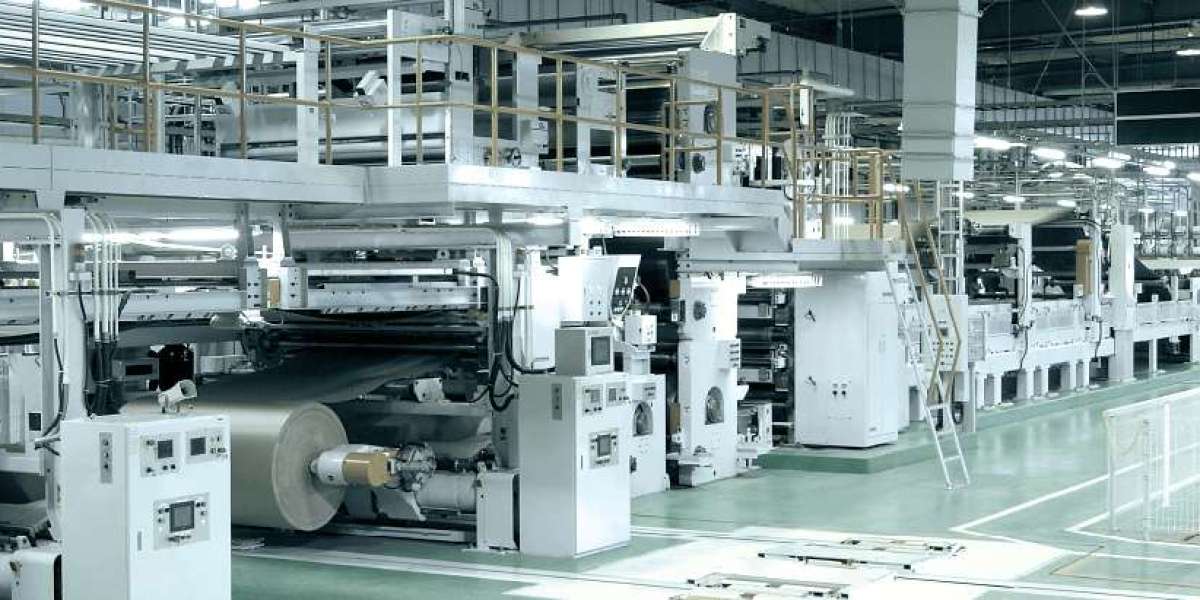Corrugators play a pivotal role in the packaging supply chain, serving as the backbone for creating durable and versatile corrugated cardboard used in corrugators a multitude of industries. This article delves into the significance of corrugators, the process of corrugation, and their impact on the packaging industry.
What Are Corrugators?
Corrugators are specialized machines used to produce corrugated cardboard, a material consisting of a fluted corrugated sheet sandwiched between one or two flat linerboards. The resulting structure is lightweight yet robust, making it ideal for packaging applications that require both strength and flexibility.
The Corrugation Process
The corrugation process involves several stages:
Paper Unwinding:Large rolls of linerboard and medium (the fluted paper) are unwound and fed into the corrugator.
Heating and Moistening:The medium is heated and moistened to make it pliable.
Fluting:The medium passes through corrugating rolls, forming the characteristic fluted shape.
Gluing:The fluted medium is glued to one or both linerboards. Starch-based adhesive is commonly used for its environmental benefits.
Drying:The combined board passes through a series of heated plates to dry and bond the layers together.
Cutting and Scoring:The continuous sheet of corrugated board is cut and scored according to specific dimensions, ready for further conversion into boxes or other packaging products.
Importance in the Supply Chain
Protection and Durability:Corrugated cardboard provides excellent protection for products during transportation and storage. Its cushioning properties and structural integrity minimize damage from impacts and rough handling.
Versatility:Corrugated packaging can be tailored to fit a wide range of products, from small, delicate items to large, heavy goods. Customizable options include various sizes, shapes, and printing capabilities.
Cost-Effectiveness:Corrugated materials are relatively inexpensive to produce and transport, offering a cost-effective packaging solution without compromising quality.
Sustainability:Corrugated cardboard is recyclable and often made from recycled materials, making it an environmentally friendly choice. This aligns with the increasing demand for sustainable packaging solutions.
Efficiency:Corrugators can produce large quantities of corrugated board quickly and efficiently, ensuring a steady supply of packaging materials to meet market demands.
Impact on the Packaging Industry
This has significant implications for various sectors, including e-commerce, food and beverage, electronics, and more. Companies can enhance their supply chain efficiency, reduce costs, and meet environmental goals through the strategic use of corrugated packaging.
Future Trends
The corrugation industry continues to evolve with advancements in technology and materials. Innovations such as digital printing on corrugated board, improved adhesives, and automated corrugation processes are set to further enhance the capabilities and applications of corrugated packaging.
Conclusion
Understanding the role of corrugators in the packaging supply chain highlights their essential function in producing high-quality, versatile, and sustainable packaging solutions. As the demand for efficient and eco-friendly packaging grows, the significance of corrugators will only increase, driving innovation and efficiency in the packaging industry.
Follow Us On More Links:-
Follow Us On Facebook:- https://www.facebook.com/itibindia
Follow Us On Linkedin:- https://www.linkedin.com/company/itib-india/
Follow Us On Instagram:- https://www.instagram.com/itibindia/
Address:- 2A, Court Chambers, 35, New Marine Lines, MUMBAI – 400 020
Call Us: 96191-40918
Email Us:- [email protected]







